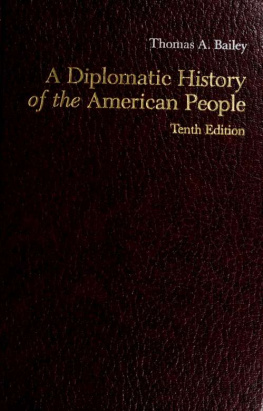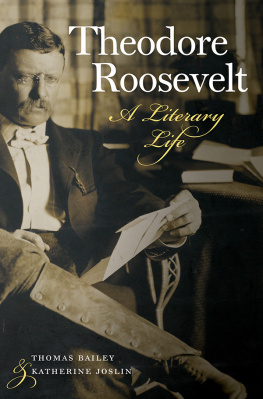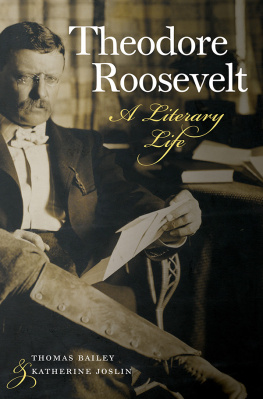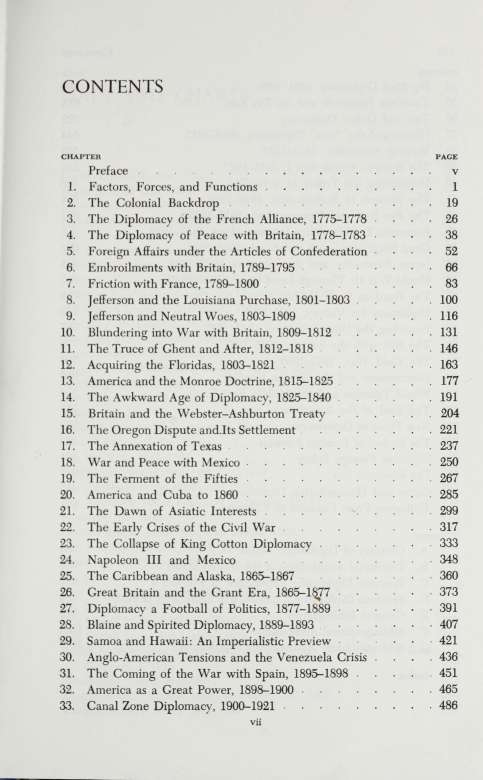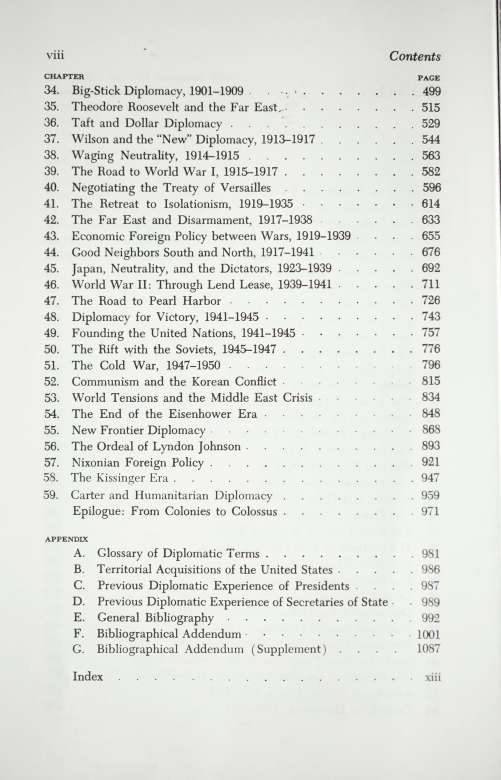This book made available by the Internet Archive.
doomsday nuclear weapons. There are now about 150 countries in the United Nations, including mini-states. As-a'result, the United States is routinely, even jeeringly, outvoted in the Assembly of the United Nations. Uneasy lie the heads that control the diplomatic machinery.
The prefaces of the previous nine editions contain a recognition of my indebtedness to scores of scholars, most of whom criticized a chapter or so relating to their speciality. Others did much more. I shall always feel deeply grateful to them, and also to the authors of the numerous books and articles upon which I have relied. Some wag has said that plagiarism is stealing from one person; research is stealing from many. For this newest edition I appreciatively acknowledge the helpfulness of the following colleagues at Stanford University: Paul M. Cocks, Peter J. Duignan, David M. Kennedy, Paul B. Ryan, and Wayne S. Vucinich.
Stanford University, California Thomas A. Bailey
MAPS AND CHARTS
PAGE
North America before 1754 22
North America after 1763 23
United States in 1783 48
Principal American Posts Held by British after 1783 57
Spain and the United States, 1783-1795 59
The Four Barbary States of North Africa 64
Louisiana Purchase, 1803 109
America's Economic Warfare, 1807-1812 134
American Fishing Rights under the Convention of 1818 159
L.S.-British Boundary Settlement, 1818 160
Acquiring the Floridas, 1810-1819 164
The West and Northwest, 1819-1824 179
Maine Boundary Settlement, 1842 207
Boundary Adjustment along the 45th Parallel, 1842 214
The Oregon Controversy 222
The Texas Revolution, 1835-1836 241
Texas, 1845-1846 251
Major Campaigns of the Mexican War 260
Central America in the Fifties 274
The Far East, 1842-1860 300
Continuous Voyage during the Civil War 324
The Caribbean in the 1860's and 1870's ... 361
The Northwest Water Boundary Settlement, 1872 384
Protecting the Seals 413
German Samoa, 1899: American Samoa, 1899 423
The Venezuela-British Guiana Boundary Dispute 438
Dewey in the Philippines 469
Big Stick in the Caribbean 500
The Alaska Boundary Settlement, 1903 507
Far East, 1904-1905 516
The United States in the Caribbean 552
The United States and Mexico, 1914-1917 560
British Military Area, November 3, 1914: German Submarine War Zone,
February 4, 1915 576
Interlocking Treaty Structure 627
Aspects of the Financial Merry-go-round, 1921-1933 664
The Hemispheric Safety Belt, 1939 687
PAGE
European Zones Barred to American Citizens and Ships, 1939 .... 714
Destroyer Deal Bases ..\. 719
Lend-Lease Shipments, 1941-1946... ' 722
Mediterranean Theatre, November, 1942 750
The Postwar Far East 765
Postwar Partition of Germany 780
The Postwar Zones of Austria 782
The Tide of Communism 791
U.S. Foreign Aid, 1946-1954 801
U.S. Foreign Aid, Military and Economic, 1945-1954 805
Seesaw in Korea 821
Distribution of U.S. Postwar Aid 830
The Post-Geneva Far East 831
The Middle East 839
The Formosa Crisis 853
The Congo Crisis 877
U.S. Foreign Aid, July 1945 to July 1962 886
Viet Nam and Southeast Asia 900
The U.S. Network of Alliances 948
A DIPLOMATIC HISTORY OF THE AMERICAN PEOPLE
When foreign affairs were ruled by autocracies or oligarchies the danger of war was in sinister purpose. When foreign affairs are ruled by democracies the danger of war will be in mistaken beliefs. The world will be the gainer by the change, for, while there is no human way to prevent a king from having a bad heart, there is a human way to prevent a people from having an erroneous opinion. That way is to furnish the whole people, as a part of their ordinary education, with correct information about their relations to other peoples, about the limitations upon their own rights, about their duties to respect the rights of others, about what has happened and is happening in international affairs, and about the effects upon national life of the things that are done or refused as between nations; so that the people themselves will have the means to test misinformation and appeals to prejudice and passion based upon error.
Ex-Secretary of State Elihu Root Foreign Affairs, I, 5 (September, 1922).
territorial elbow room, commercial prosperity, and opportunity for investment and trade abroad. Peace, for example, is not a foreign policy but the objective of a foreign policy.
Six of the most important traditional or'fundamental foreign policies are:
1. Isolation, meaning originally, "We'll keep out of Europe's broils." Actually, it broke down into nonintervention, noninvolvement, and no-entangling alliances. Objectives: peace, neutralitv, prosperity, securitv.
2. Freedom of the seas, meaning originally, "Hands off our merchant ships." Objectives: prosperity, neutrality, security.
3. The Monroe Doctrine, meaning originally, "Europe, you stay out of America." Objectives: peace, security, freedom, prosperity.
4. Pan-Americanism, meaning originally, "Let's get together, we republics of the Western Hemisphere." Objectives: prosperity, peace, security, freedom.
5. The Open Door, meaning originally, "A fair field for American businessmen in competition with other foreigners abroad, particularlv in China." Objectives: prosperity, peace, justice, security, humanitarian-ism.
6. The peaceful settlement of disputes, meaning originally, "Let's negotiate or arbitrate our differences." Objectives: peace, security, justice.
Not all of these fundamental policies were consistently upheld during the 19th Century, but generally they were. In addition, there have been dozens of secondary or tertiary policies that have existed for shorter periods to cope with specific situations. Among them would be disarmament, imperialism, nonrecognition, commercial reciprocity, I triation, Dollar Diplomacy, Good Neighborism, and containment Some of these secondary policies are becoming, or have become, fundamental policies.
Much confusion has arisen because the same policy has often applied in different ways in different parts of the globe For example. noninvolvement wore three faces in the 19th Century:

